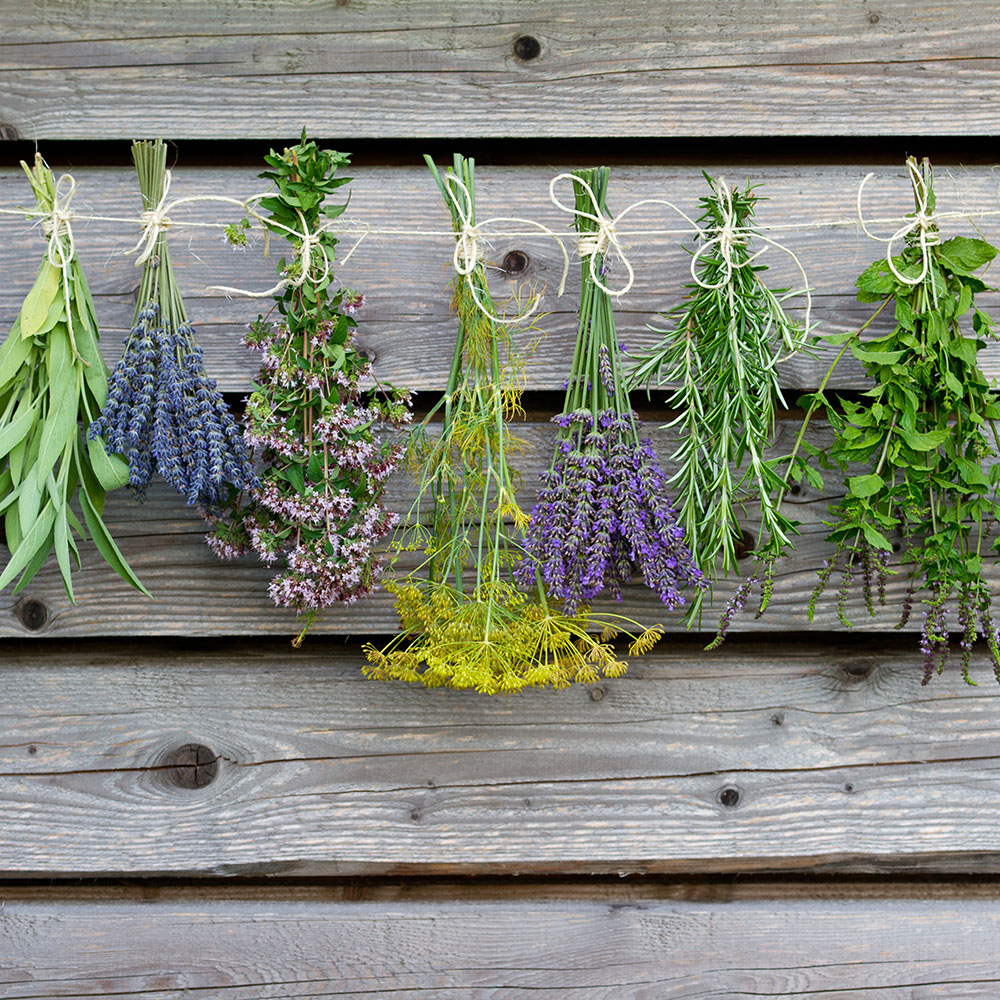
As New Year’s Day rapidly approaches, most of us are thinking about our resolutions for 2018. For some reason, we often set goals regarding food. Either we want to eat healthier fare, or we’re trying to shed post-holiday pounds. Some of us simply want to become better cooks, so that we can create meals that excite our families.
Whatever your reasoning, if food is involved in your New Year’s resolutions in any way, consider the impact that home-grown herbs and spices can have in the kitchen. Fresh flavorings add greater appeal to any dish, and can help you enjoy healthy dishes as you renovate your lifestyle. Many herbs and spices even carry health benefits of their own!
Herbs. You might have specific herbs in mind already, if you’re growing them for their health benefits. Otherwise, consider these common kitchen herbs for their taste alone: Parsley, oregano, basil, rosemary, cilantro, thyme, dill, mint, tarragon, and sage.
Spices. Many spices are derived from the ground seeds of herb plants. For example, cilantro provides delicious leaves, but the ground-up seeds of the plant are known as coriander. Laves of the fennel plant can be eaten in salads and other dishes, but it’s the seeds that we commonly utilize for their sharper taste.
Ginger and turmeric are derived from the rhizomes of their respective plants, and offer potent health benefits. The rhizomes are boiled, dried, and then ground into powder to create the forms most used in cooking.
Don’t forget other flavors. Green onions and garlic are easy to grow, and can be included in almost any garden setting. Shallots are another excellent choice, as they can lend a subtle flavor to many dishes and even salad dressings. Small peppers can be grown in hanging pots or right in the soil, and offer spicy flavor as well as the health benefits of capsicum within their seeds.
While ginger and turmeric could pose a challenge, most other herbs and spices can be grown indoors. Choose a sunny location near a window, and remember to water your plants when the soil feels dry to the touch. They will also do well in pots on a patio, or simply outside in your garden. Come visit our nursery for more advice, and we can help you select the right plants for your needs.

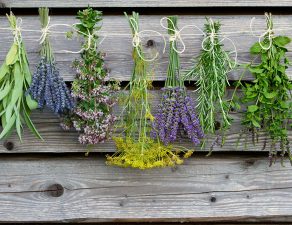
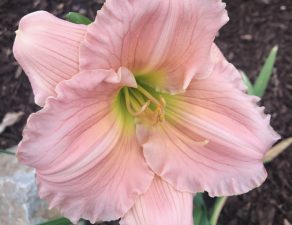

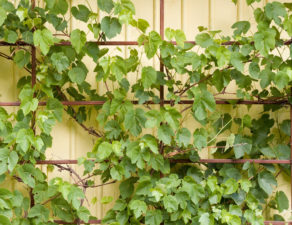
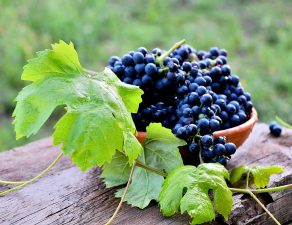
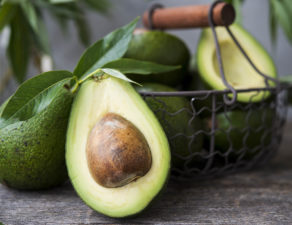


Write a comment: